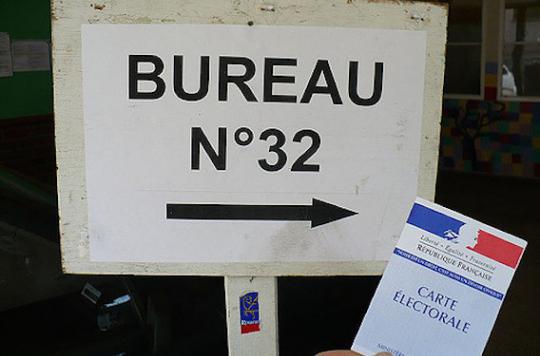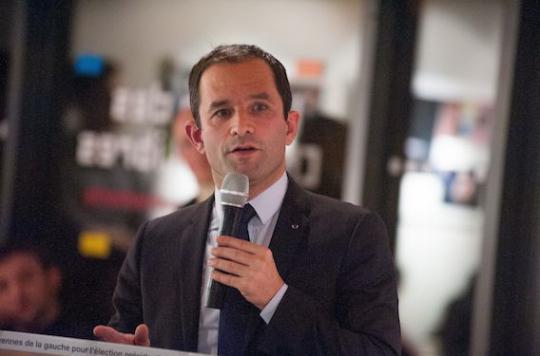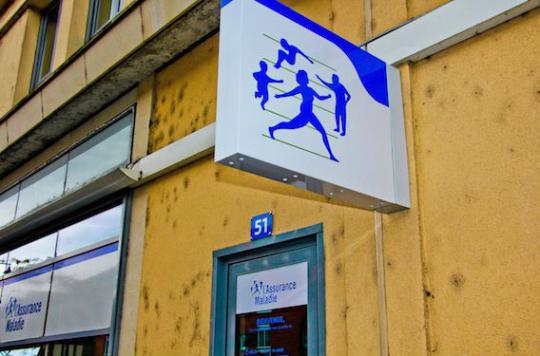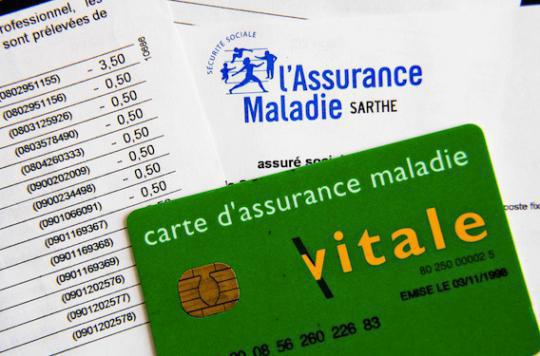The 7 candidates for the primary from the right and from the center answer the questions of Pourquoidocteur. This Friday, it is Jean-François Copé who delivers his health program.

While the right and center primary for the presidential election will take place on November 20 and 27, the time for the first of three television debates is fast approaching. With a river duration of 2h30, it will take place on October 13 on TF1, RTL, Public Senate and LCI. It will see the seven competitors compete against each other on the themes of unemployment and security. And what about health?
In a recent poll, 69% of French people make this theme a major element of the campaign. And almost the same proportion of those questioned considers that the positions of the candidates on health policy will be decisive in their choice.
To meet the expectations of future voters, the drafting of Why actor interviewed all candidates by asking them the same questions. This Friday, the series continues with the mayor of Meaux (Seine-et-Marne) Jean-François Copé. The one who has chosen as slogan “We do not recoil more”, does he also want to make a big leap forward for health? The former boss of the UMP has expressed his ideas to us on subjects such as PMA, medical deserts and the price of innovative drugs.
The community will no longer be able to cover the cost of innovative drugs. Should we devote a specific budget to the support of these therapies, and how to finance it?
Jean-Francois Cope : Innovation is one of the three pillars of my health program, along with the principles of freedom and responsibility. Innovative products have a high cost, which is understandable in view of the equally high results. I therefore propose to finance innovative drugs – especially anti-cancer drugs – on the principle of “payment for effectiveness”: if the drug does not achieve the expected results for the patient, then it will be the responsibility of the industrial.
In addition, I am convinced that it is necessary to renew the dialogue in a pragmatic way with pharmaceutical laboratories, in particular within the framework of a multiannual social security financing law, over the duration of the five-year term. Finally, let’s say things to ourselves: with the aging of the population and new technologies, health spending will obviously increase. We must assume this growth in the health budget while keeping in mind – and it is the former Minister of the Budget who is talking to you! – the permanent search for efficiency with regard to public expenditure.
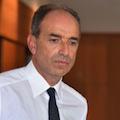 |
Medication
|
The complementary health insurance is committed to an insurance model à la carte. Should we financially encourage policyholders who have a healthy lifestyle (diet, physical activity, etc.) and / or penalize those who take risks (alcohol, tobacco, etc.)?
Jean-Francois Cope : This question is essential for the idea we have of our social model. I am not in favor of such a selection with regard to compulsory health insurance, the fundamental principles of which must not be upset. On the other hand, with regard to private organizations, I have a priori no opposition in principle to their participation in public health by modulating funding according to the positive or negative behavior of their members.
Prevention will have a central role in the new definition of the place of complementary services in our health system. Finally, I would like to point out that this development can only take place while respecting the independence of health professionals.
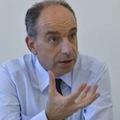 |
Supported
|
The hospital must simultaneously reconcile medical excellence with its social missions. In view of the budgetary constraints, does activity-based pricing (T2A) appear to you to be suited to this dual requirement?
Jean-Francois Cope : To use a famous phrase, T2A is the worst financing system except all the others! We very often underestimate the cultural change that this implies for both hospital managers and nursing staff, primarily doctors. However, it is important to make Act II activity-based funding. I therefore propose the establishment of a significant part of quality financing with a bonus-malus system for hospitals on the basis of indicators defined by the Haute Autorité de Santé (rate of nosocomial infections, etc.) . In addition, the autonomy of the hospitals that I hope will give more leeway to establishments to find additional resources to finance investment and research in particular.
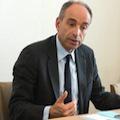 |
Hospital
|
One in four general practitioners will not be replaced by 2025. How do you plan to fight against medical deserts?
Jean-Francois Cope : I wish a language of truth on this subject: the difficulties to find a doctor is a true subject for the French, and not only in Corrèze! The fight against medical deserts goes through three axes:
– the attractiveness of our territories so that professionals want to settle there, I absolutely do not believe in coercion
– the reform of medical studies with: the regionalization of ECNs to stick as closely as possible to the territories (students will be able to sit for exams in several regions), compulsory training during the course in liberal and entrepreneurial medicine in order to publicize the exercise in town.
– agree to better pay doctors who choose to settle in a deficit area.
In a manifesto, French doctors admitted having helped lesbian couples and single women to resort to assisted reproduction abroad. Can we continue to reserve it for heterosexual couples?
Jean-Francois Cope : Yes. PMA is a medical procedure. Not a technique to satisfy any “right to the child”. I remain attached to the fact that assisted reproduction is reserved for a stable, infertile couple, made up of a man and a woman. Likewise, I will fight for surrogacy to be banned globally because it is an unbearable commodification of women and I will strictly apply its ban in France..
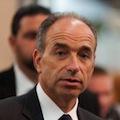 |
Assisted reproduction
|
Monday find our interview with Nathalie Kosciusko-Morizet
.









